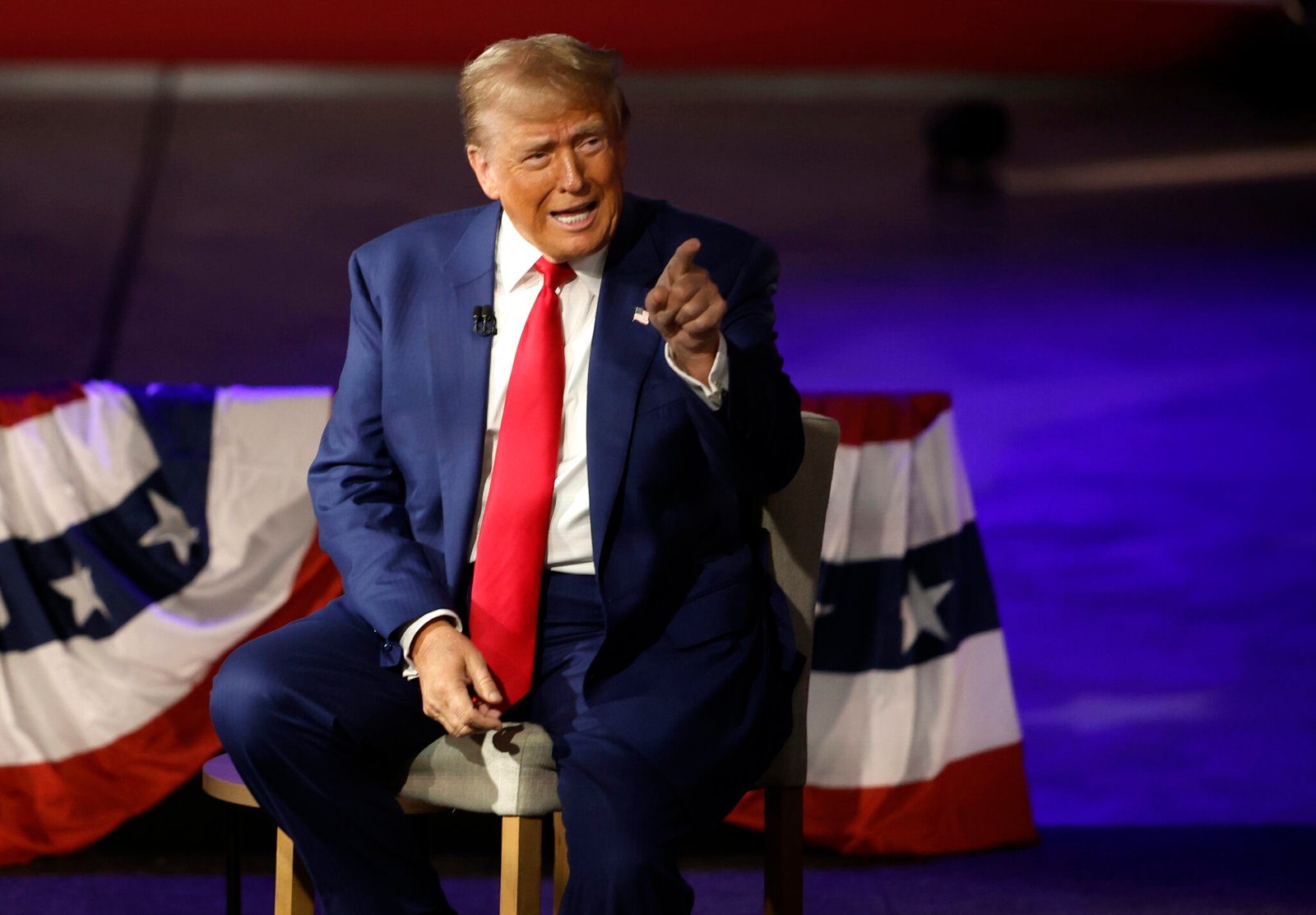DC Bureau
Republican Sen. Tom Cotton Thwarts Press Freedom Bill as Trump Urges GOP to ‘Kill’ It

WASHINGTON — A significant proposal aimed at safeguarding press freedoms faced a setback in the U.S. Senate on Tuesday night. The measure, known as the journalism shield law, aimed to restrict the federal government’s ability to compel journalists to disclose their sources.
Resistance from President-elect Donald Trump significantly influenced the outcome. Trump’s contentious relationship with the press raised concerns among lawmakers. Arkansas GOP Sen. Tom Cotton blocked a request from Oregon Democratic Sen. Ron Wyden for unanimous consent to advance the bill, labeling it as detrimental to national security.
Despite the House’s earlier approval of its version, Trump’s November statement urging Republicans to “kill this bill” was pivotal. Unanimous consent, necessary for expediting Senate bills, seemed improbable due to Trump’s sway over Republican senators.
Cotton, the incoming Senate GOP conference chair, criticized the legislation, asserting it would create a protected class of journalists who could handle sensitive information that average citizens cannot. He claimed it would transform the Senate into an ally of those compromising national security.
Bipartisan support characterized the legislation, with Wyden introducing a companion bill in June 2023. Co-sponsors included GOP Sens. Mike Lee and Lindsey Graham, along with Democratic Sen. Dick Durbin of Illinois. Wyden argued the bill represented a common-sense approach, pointing to past abuses by administrations that exploited the absence of a federal shield law to undermine press freedoms.
Senate Majority Leader Chuck Schumer has been a vocal proponent, emphasizing the necessity of a robust press for a functioning democracy. He stated, “No democracy can survive without a free and open and thriving press.”
Should it pass, the legislation would impose meaningful limitations on how federal authorities could demand disclosure of journalistic information, while also addressing law enforcement surveillance of reporters. Advocates from numerous media organizations and press rights groups voiced urgent support for the bill, particularly in light of concerns related to Trump’s impending return to the presidency.
Last updated 4:50 p.m., Dec. 10, 2024


















